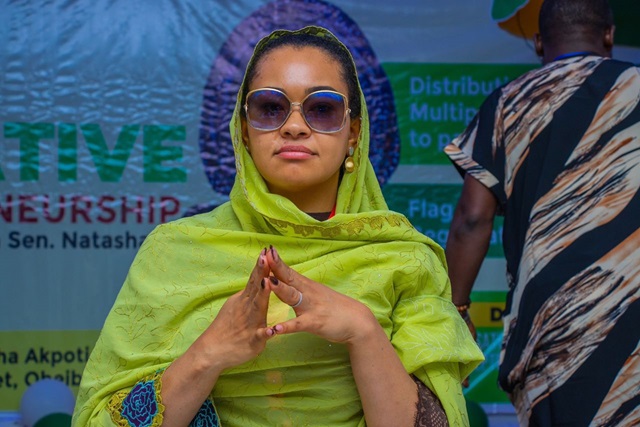The National Agency for the Prohibition of Trafficking in Persons, NAPTIP, has secured over 600 convictions and rescued more than 20,000 victims of human trafficking since its inception in 2003.
The commander of the Benin Zonal Office, Ganiu Aganran, disclosed this in Benin City at the opening of a two-day awareness workshop for law enforcement agencies in the state.
NAPTIP, he said, has worked tirelessly to bring traffickers to justice and support survivors.
“NAPTIP’s approach combines intelligence-driven investigations, inter-agency collaboration, and victim support services to combat trafficking effectively,” he explained.
He, however, regretted that Edo remained one of Nigeria’s most affected states due to poverty, unemployment, lack of education, and weak law enforcement, among other factors.
In his lecture, Prof. Eric Okojie, who spoke on the aims of the workshop, said the Nigeria Conference of Women Religious, NCWR, was concerned about the exploitation of Nigerian women and girls abroad.
Okojie opined that as a result of this exploitation, the women’s conference felt a strong need to fight to liberate the daughters of Africa from the shackles of traffickers.
He noted that the majority of trafficked victims were women, usually sexually exploited in their quest for greener pastures by their traffickers.
“In 2020, the United Nations Office on Drugs and Crime, UNODC, estimated that 67 per cent of people trafficked for sexual exploitation were women, while 46 per cent of trafficking victims were women as well,” he said.
He commended the women’s group for ensuring that liberated young girls and women become empowered, active, valued, and protected, as well as for helping them rise above cultural nuances that undermine their dignity.
Earlier in her welcome address, Justina Odunukwe, National Coordinator of the Committee for the Support of the Dignity of Women, COSUDOW, said the event was organised in collaboration with NAPTIP.
Odunukwe stated that the event aimed to strengthen the capacity of security personnel to combat trafficking in persons (TIP).
She urged participants at the workshop to actively engage in discussions and collaborate towards solutions that could make a lasting impact.
She emphasised that the workshop was a call to action—an opportunity to reaffirm collective responsibility in eradicating human trafficking and irregular migration.
“This will build a safer society where people can thrive without seeking dangerous routes for survival,” she stated.




 2 hours ago
19
2 hours ago
19







 English (US) ·
English (US) ·